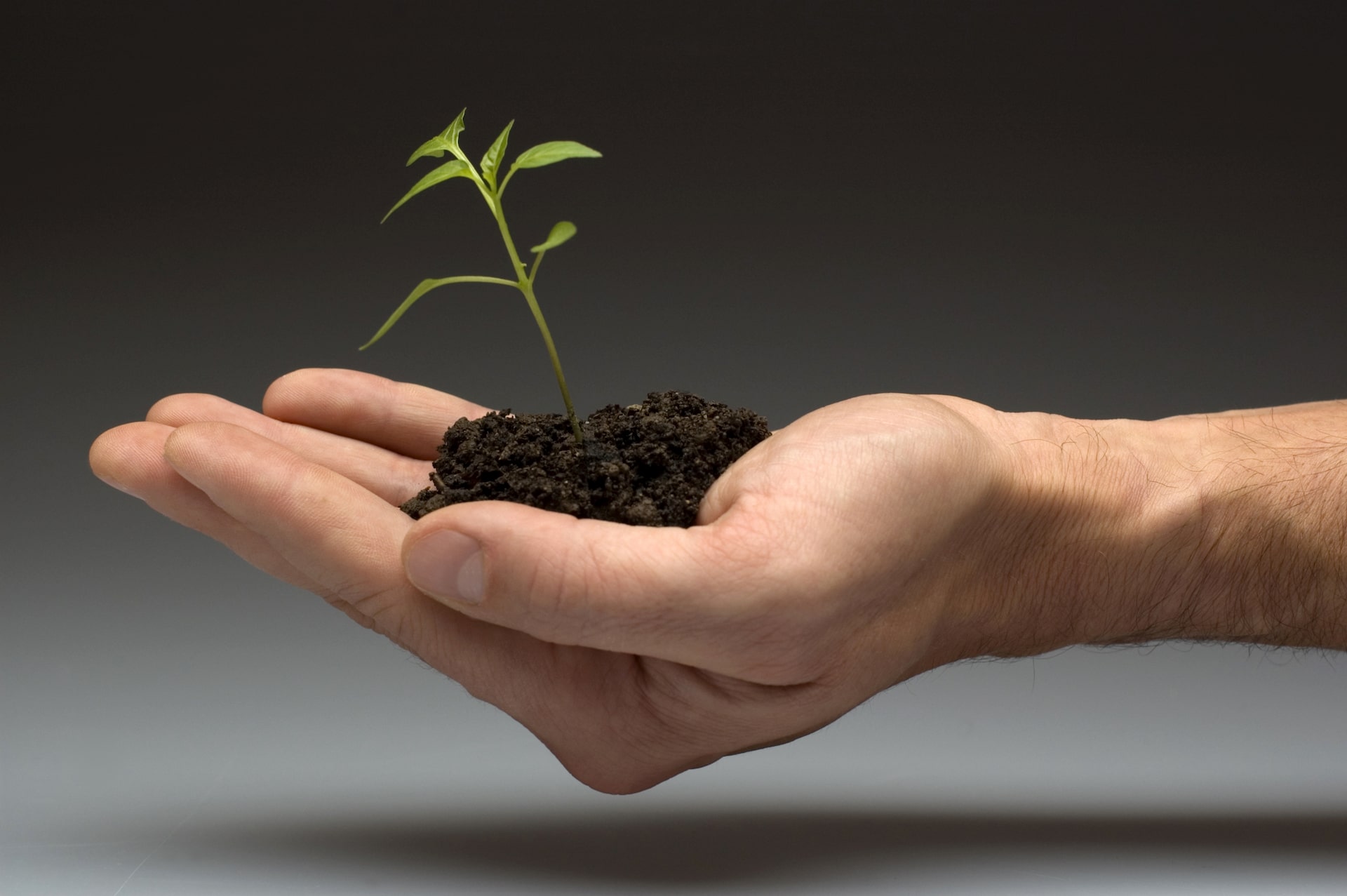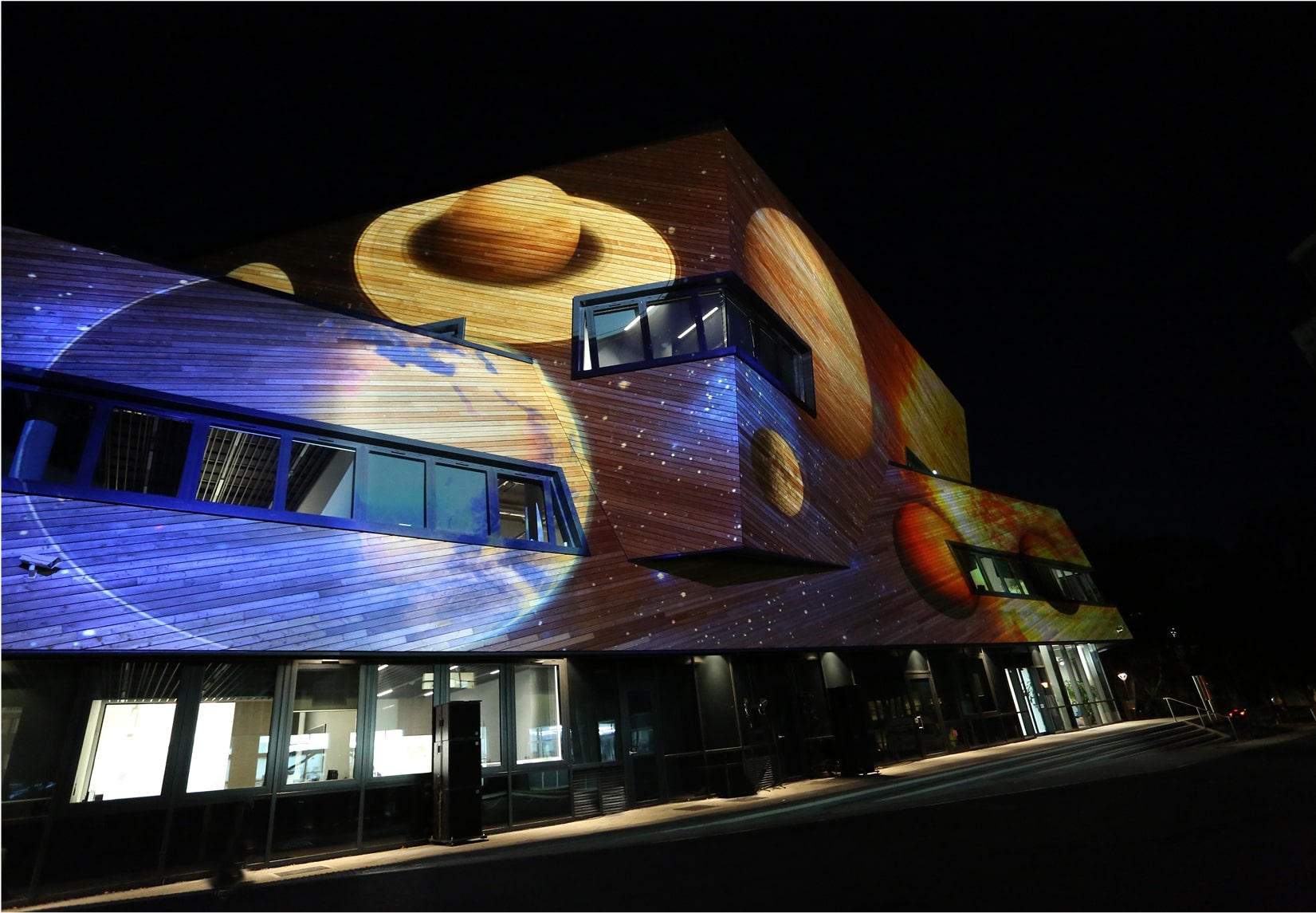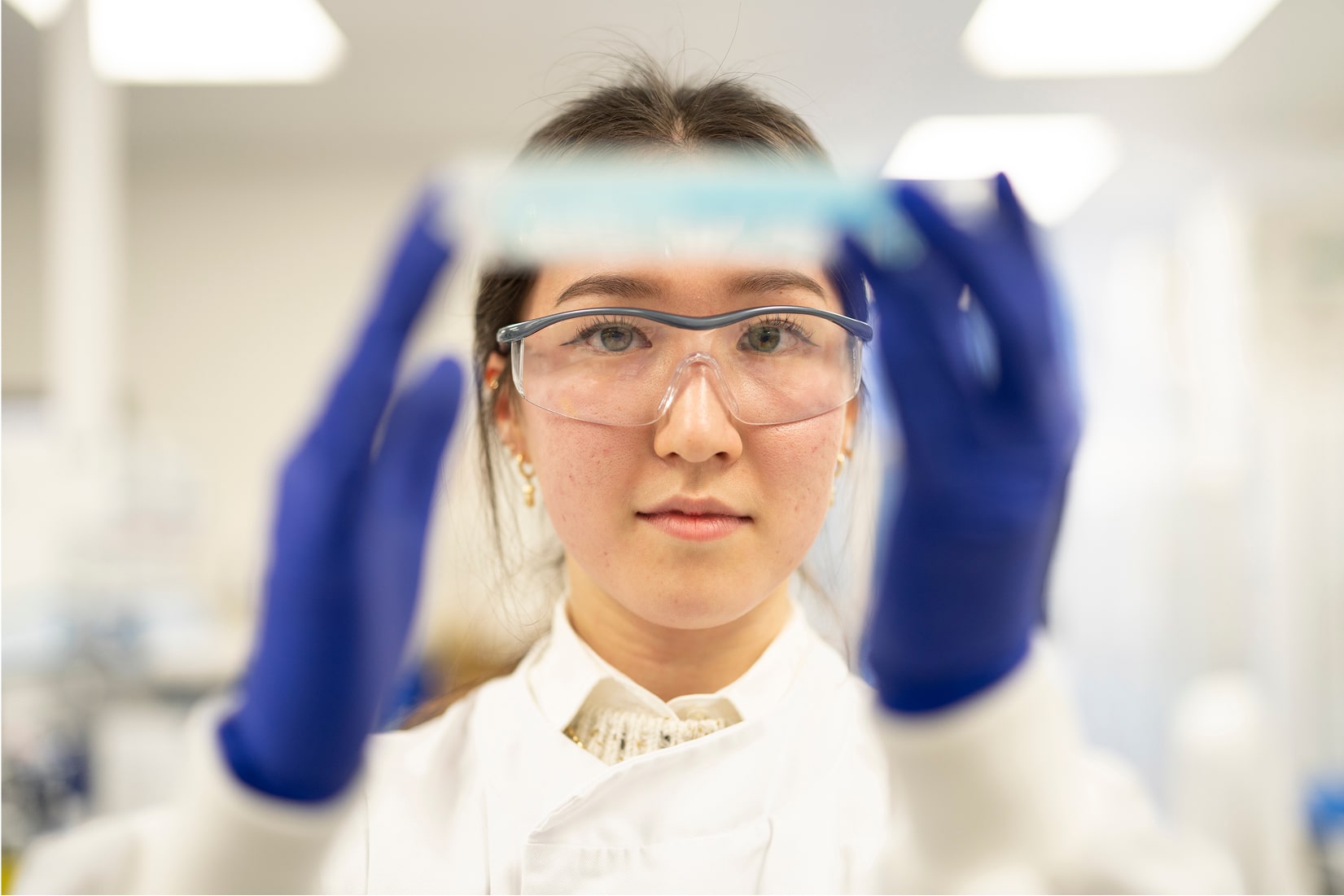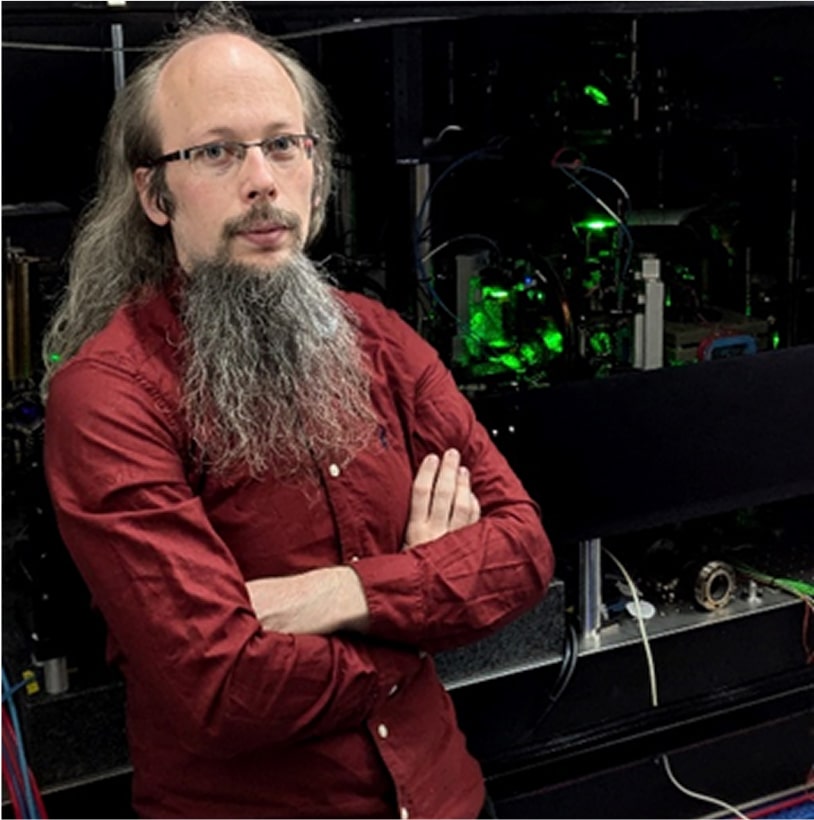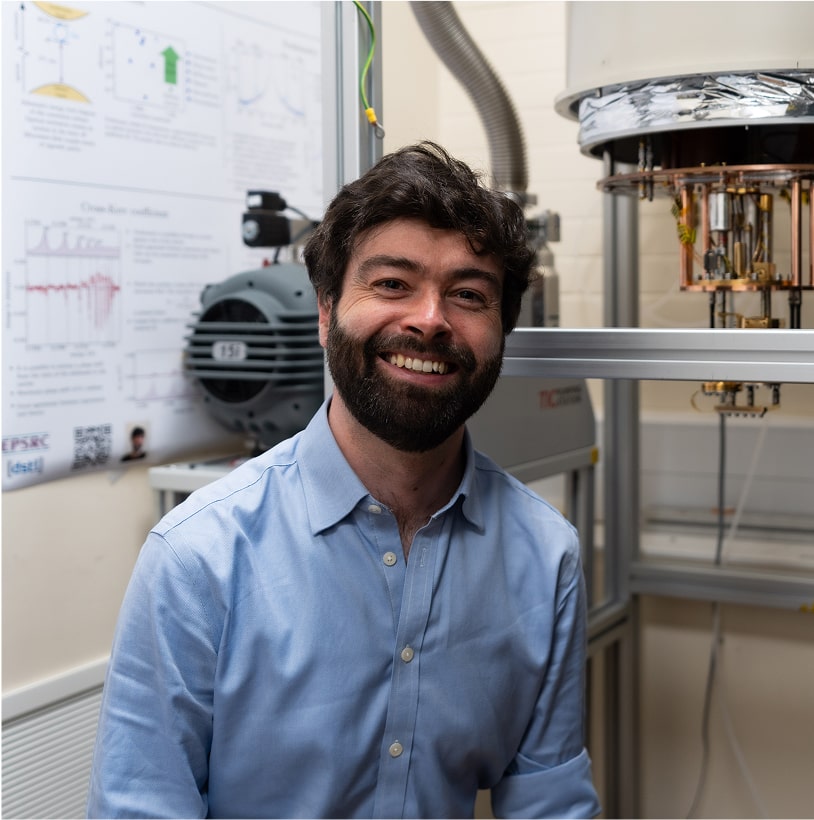Durham is building on its position as a global leader and innovator in science through a bold 10-year programme driving transdisciplinary, fundamental, and translational research. Anchored by our world-class expertise, we’re investing in exceptional talent, state-of-the-art facilities, and strategic partnerships to foster breakthrough discoveries and meaningful impact locally and worldwide.
Sustainability research through the Strategic Research Fund.
Our Strategic Research Fund (SRF) aims to stimulate significant growth in research income for the University through substantial investments in our research capability, community, and infrastructure. We have committed to invest around £18m over four years into six ground-breaking, transformative initiatives. With this investment, the projects will enhance our research capacity and work towards becoming financially sustainable. One of these projects is the SMART Soils project.
Supporting Sustainable Development Goals (SDGs) with SMART Soils
We have established a world first research group – the Soil and Microbiome Augmentation and Restoration Technologies Lab (SMART Soils Lab). The SMART Soils Lab will enable environmental engineers and plant scientists to design soil and plant restoration technologies which can optimise the services that soil can provide for us all. Insights from social science will promote a necessary shift in how society thinks about soil, moving towards an understanding that soil is living, and helping Government and industry sustainably manage land in urban and rural environments. SMART Soils Lab brings together expertise from our Engineering, Biosciences, and Sociology departments, along with an array of local and international government, industry and academic partners. The initiative will support the recruitment of new key staff across the three departments. Our long-term vision is that the SMART Soils Lab is recognised for its pioneering work developing a new field of nature-based environmental engineering of the soil microbiome to reverse fifty years of degradation and significantly contribute to the United Nations Sustainable Development Goals.
Just transitions to a net zero world
We will invest £5m over four years in JusTN0W through the Strategic Research Fund. The initiative aims to develop a world-leading interdisciplinary work programme to research sustainable and just solutions for accelerated decarbonisation of economies, and to achieve lasting societal well-being for present and future generations. JustNOW includes experts from Durham Law School, the Department of Computer Science, the Department of Economics and the Department of Biosciences. With this generous investment, JustNOW seeks to enhance our reputation and research by increasing our academic capacity and recruiting exceptional staff to join our institution, not only to generate significant growth in research income but also with a view to establishing robust pipelines of diverse talent. By collaborating across disciplines and harnessing our collective expertise, we are confident that JusTN0W will yield groundbreaking solutions to address the climate crisis.
